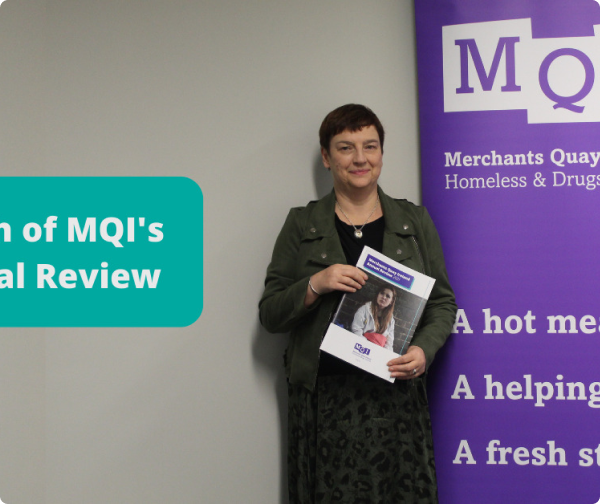

Lorem ipsum dolor sit amet
Accountability and transparency are central to our values as an organisation. In fact, they are part of our core values. We’re committed to using your donations to transform the lives of some of the poorest people in the world.
Lorem ipsum dolor sit amet, consetetur sadipscing elitr, sed diam nonumy eirmod tempor invidunt ut labore et dolore magna aliquyam erat, sed diam voluptua.